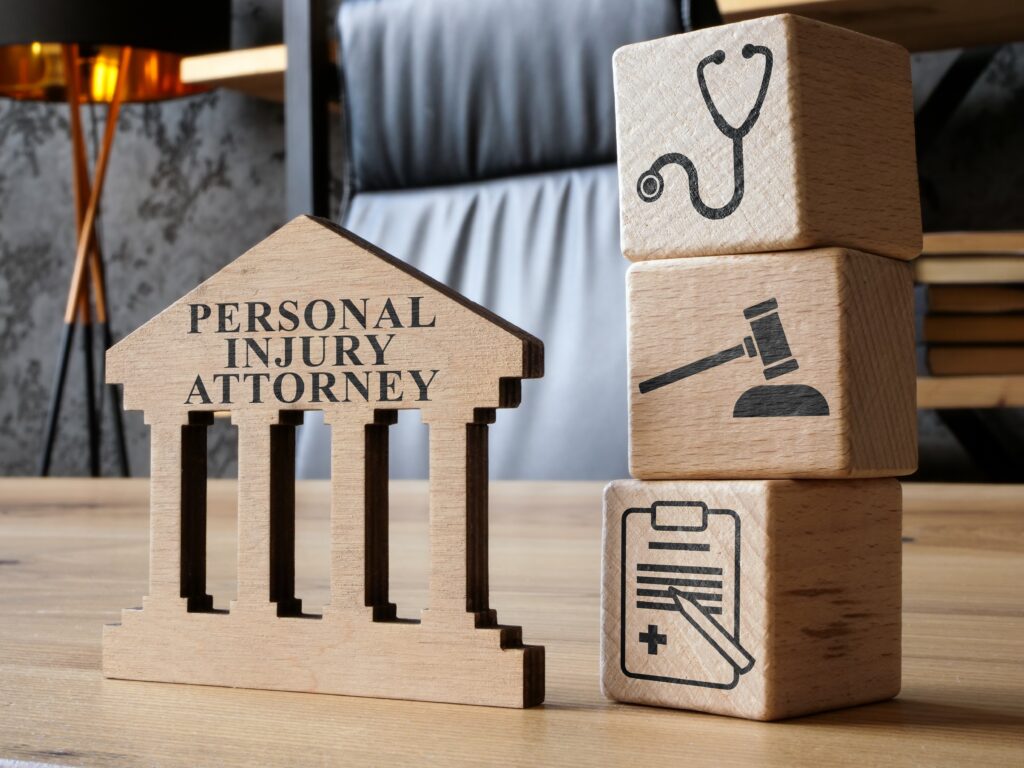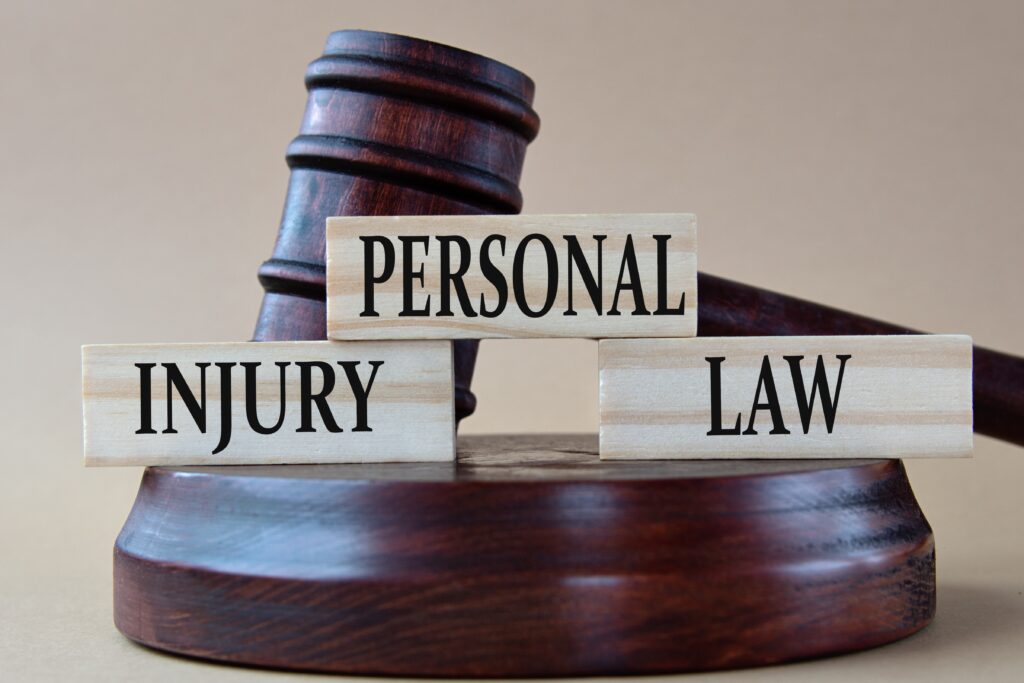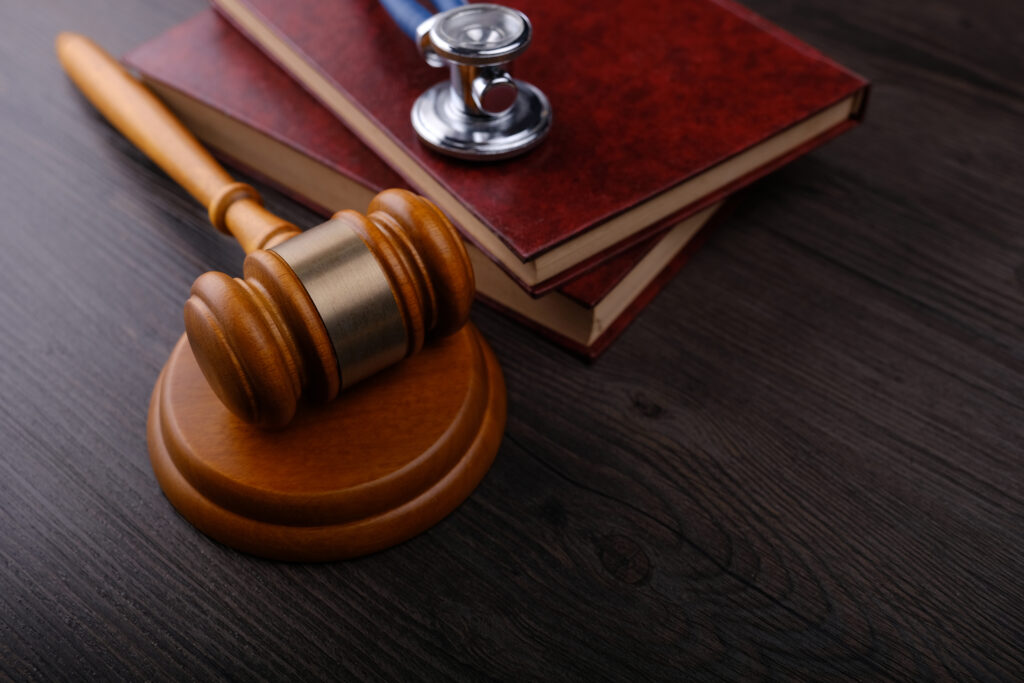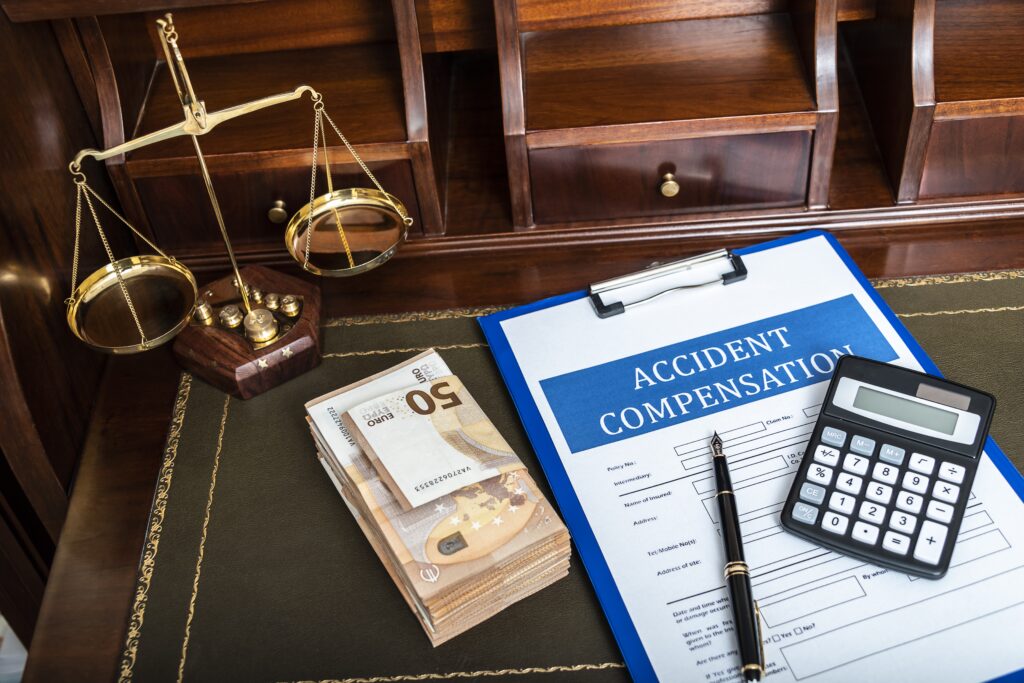There is no out-of-pocket cost to hire a personal injury lawyer. These attorneys generally use contingency fees, which means the lawyer only receives a fee if they secure compensation for you.
The fee is a percentage of the settlement or verdict, with each firm determining their contingency fee. Every client should understand and agree to the fee percentage before signing a representation agreement.

Attorneys consider their fees and costs when setting the settlement target. They should ensure that the client receives total financial coverage for their damages, even once the lawyer has received their agreed-upon fee. This way, both the client and the lawyer can receive fair compensation.
Contingency fees align your interests and allow you to receive legal assistance, even in the face of financial stress. Consult with a San Jose personal injury lawyer to understand how contingency fees work and to explore your options for pursuing compensation without upfront costs
Why Personal Injury Lawyers Use Contingency Fees
Personal injury attorneys have several reasons for using contingency fees, many of which relate to the client’s best interests. These reasons include:
The Financial Hardship Clients Often Face
Many Americans struggle merely to pay their bills. Even those who consider themselves financially fortunate may not have money to pay a lawyer an upfront fee.
Contingency fees benefit these clients because:
- The clients do not have to pay any out-of-pocket fees or costs (under any circumstance)
- The law firm covers case-related expenses
- The client compensates the lawyer from their settlement or judgment, meaning they face no direct financial liability for legal services
Personal injury lawyers understand their clients’ financial concerns. Therefore, they offer a fee structure that places the financial burden of a case on the lawyer rather than the client.
The Ability to Represent Any Client in Need of Legal Service
Many personal injury lawyers pride themselves on helping those most in need. The fact is, those most in need often have little financial resources. By using contingency fees, lawyers can represent anyone who needs their help, regardless of the client’s financial status.
The Resources the Law Firm Has to Cover Costs

Law firms offer contingency fees because they can afford to do so. Personal injury lawyers work hard to build their practices up, which positions them to cover case-related expenses without issue.
Some of the resources personal injury lawyers use on their clients’ behalf include:
- Expert testimony
- Reconstructions of accidents
- Environmental testing
- Mock courtrooms
Your lawyer’s time and effort are also valuable, and your attorney will include these considerations in their contingency fee.
The Attorney’s Confidence in Securing Compensation
An attorney agrees to defer their fee until they obtain a settlement or judgment for the client. A lawyer only does this if they are confident in their ability to secure compensation for the client.
Your personal injury lawyer may handle your case with no upfront payment because:
- They have reviewed your circumstances and believe you have a strong case
- They have extensive experience handling cases like yours
- They are confident in their training and skill as an attorney
- They know their firm has many resources that will contribute to a strong case
You now know why personal injury lawyers offer contingency fees. Hire your lawyer today to take advantage of this no-risk fee structure.
What Will a Personal Injury Lawyer Do for Me?
Your personal injury lawyer will take ownership of your case.
Beyond the specific services they provide, your lawyer will:
- Protect you: A lawyer’s first mandate is to protect their client. Your lawyer will ensure nobody can violate your rights, mislead you, or pressure you to accept an unfair settlement.
- Deal with insurers and civil defense lawyers: By dealing with those involved in your case, your lawyer reduces the risk that anyone will violate your rights. When insurance companies deal with an attorney, they can’t impose bad-faith tactics on clients like you.
- Counsel you: You may face many questions, including how to seek compensation for your recoverable damages. Your attorney will provide digestible, step-by-step advice. You won’t have to wonder if you’re doing the right things—your attorney will let you know.
- Evaluate settlement offers: Throughout the course of your case, you may receive one or more settlement offers. Your attorney will review the details of these offers and determine whether they are fair. Your lawyer will advise you whether to accept or reject such offers.
- Advise you about whether to go to trial: Though most civil cases settle, some go to trial. Trial is typically necessary when liable parties do not offer fair compensation through a settlement. If your case reaches a point where trial is a consideration, your lawyer can advise whether to go to trial.
- Allow you to focus on your health and personal responsibilities: A lawyer’s full-service representation will give you more time for recovery, family time, and personal obligations. This is a vitally important benefit of hiring a personal injury lawyer.
Remember that lawyers offer these benefits without demanding any upfront or out-of-pocket compensation from you.
Your Attorney Will Spare You from Liable Parties’ Bad-Faith Tactics
Clients often hire lawyers because they face bad-faith tactics by insurance companies, which can include:
- Claim denials
- Lowball settlement offers
- Refusal to cover specific losses
- Misleading information about a claim or policy
- Claim delays
- Intimidation and other hardball negotiation tactics
You do not have to face pushback from an insurance company to hire a lawyer. Even if you have yet to initiate a claim or have not yet faced bad-faith tactics, a personal injury attorney can be a great benefit.
Types of Cases Personal Injury Lawyers Help With

There is a personal injury lawyer for virtually any case type you can think of.
Personal injury attorneys often handle cases involving:
- Car accidents, which routinely cost victims five-, six-, and seven-figure sums
- Truck accidents, which disproportionately cause serious injuries and deaths
- Pedestrian accidents
- Motorcycle accidents
- Animal attacks
- Slip and fall accidents
- Trip and fall accidents
- Negligent security
- Boat accidents
- Accidents resulting from defective products
- Workplace accidents
- Toxic exposure
- Wrongful death
If you suffered an injury or lost a loved one because of someone else’s actions, consider hiring a personal injury lawyer.
Negligence Is Usually the Basis for Hiring a Personal Injury Lawyer
Personal injury lawyers must typically prove negligence before obtaining compensation for a client.
Attorneys establish negligence by proving that:
- The defendant owed the client a duty of care: A duty of care requires someone to act reasonably. For instance, a motorist has a duty of care not to drive while distracted or intoxicated, while a property owner or business has a duty to minimize hazards that might harm visitors or customers.
- The defendant breached their duty of care: If a defendant acted unreasonably, leading someone to suffer harm, they breached their duty of care.
- The breach of duty of care caused the client harm: Your lawyer will work to prove the direct link between a defendant’s breach of duty of care and any injuries or wrongful deaths you have suffered.
- The client suffered damages because of the breach of duty of care: Your lawyer will illustrate the exact types of harm you have suffered due to a breach of duty of care.
This sequence may seem complicated, but proving negligence is second nature to experienced attorneys. As prospective lawyers review your case, they will look for any negligence that has caused you harm.
Specific Services Your Personal Injury Lawyer Will Provide
Your personal injury lawyer will handle the many responsibilities that come with insurance claims and lawsuits, including:
Reviewing Insurance Policies
The details of various insurance policies may entitle you to compensation. Your lawyer will review such policies and cite any language that entitles you to compensation.
Building a Reserve of Evidence
Your attorney will secure all evidence detailing the liable parties’ negligence. The evidence your lawyer gathers will depend on your case type.
In an animal attack case, for instance, a lawyer may gather:
- Eyewitness accounts of how the attack happened
- Video footage of the attack
- Police reports indicating that the animal has been aggressive before
- Photographs of conditions that allowed the attack, such as a broken fence
Your legal team will identify and gather all evidence that serves your case.
Documenting Your Damages
Your lawyer must prove how the defendant’s negligence has affected you, economically or otherwise.
Personal injury lawyers often document clients’ damages with:
- Medical bills
- Doctors’ records detailing injuries and symptoms
- X-rays, MRIs, CT scans, and other diagnostic images
- Earning statements from before the client’s injuries (proving how much income they lost)
- Diagnoses of pain and suffering (which can come from mental health experts)
- Invoices related to property damage (like vehicle repair costs)
Because each client’s damages are different, lawyers compile unique documentation for each client’s case.
Determining Your Case Value

The cost of your recoverable damages will determine your case value.
When calculating the cost of those damages, your personal injury attorney will consider:
- Economic damages, which can include medical bills, lost wages, and property-related costs
- Non-economic damages, which may generally include pain and suffering
Your attorney can consult doctors, mental health professionals, and other qualified experts to determine the value of your case.
Negotiating a Settlement
Settling is the most efficient way to secure compensation for victims of negligence. Your attorney will negotiate with insurance companies or any other liable parties.
Your attorney will:
- Cite any details of insurance policies that entitle you to compensation
- Show proof of liable parties’ negligence
- Provide documentation of your recoverable damages
- Explain their calculation of your case value
- Combat any counter arguments from liable parties
- Make a comprehensive case in pursuit of the settlement you deserve
Your lawyer will consult you as settlement offers come in. They will explain whether the settlements are fair and, if not, how far from the target those offers fall.
Completing a Trial, if Necessary
Your lawyer may give liable parties several opportunities to offer a fair settlement. There is a chance that liable parties never rise to the occasion, failing to offer the compensation you deserve.
If this is the case, your attorney will discuss going to trial with you. They will explain the potential benefits and risks that come with a trial. As the client, you will have the final say of whether to accept a pending settlement offer or go to trial.
Handling the Administrative Aspects of Your Case
Your lawyer and their support staff will handle the day-to-day responsibilities of your case, including:
- Arranging appointments with insurance adjusters
- Gathering and organizing case materials (including evidence and documentation of damages)
- Drafting paperwork
- Submitting documents
- Checking in with the insurance company
Every detail matters when you’re seeking compensation. Allow your attorney and their experienced team to handle every case-related detail for you.
Damages Personal Injury Lawyers Often Seek Compensation For
Your attorney will become thoroughly familiar with your damages, as these damages will directly determine your case value.
Some common damages among victims of negligence include:
- Healthcare costs: These costs can stem from ambulance transport, emergency medical services, surgeries, medications, medical equipment, hospital services, rehabilitation, and a host of other items and services.
- Pain and suffering: Your pain and suffering may include post-traumatic stress disorder (PTSD), depression, sleep problems, substance misuse problems, lost quality of life, and scarring and disfigurement (among other damages).
- Professional damages: Your attorney will calculate the cost of any lost income, diminished earning power, missed bonus and overtime opportunities, lost progress toward potential promotions, and other professional damages resulting from negligence.
- Property expenses: If you need to fix a car, replace clothing, secure temporary transportation, and face any other property-related expenses, your lawyer will demand fair compensation from liable parties.

If you have lost a loved one and want to pursue a wrongful death case, your lawyer will also evaluate your recoverable damages. These damages may include funeral expenses, grief, lost financial support, and loss of consortium.
Hire Your Personal Injury Lawyer Today
You should not wait any longer to reach out to personal injury lawyers serving your area. Your case may have a filing deadline, and missing the deadline can bar you from seeking the compensation you deserve. Complete free consultations to find the right personal injury lawyer to represent you.


